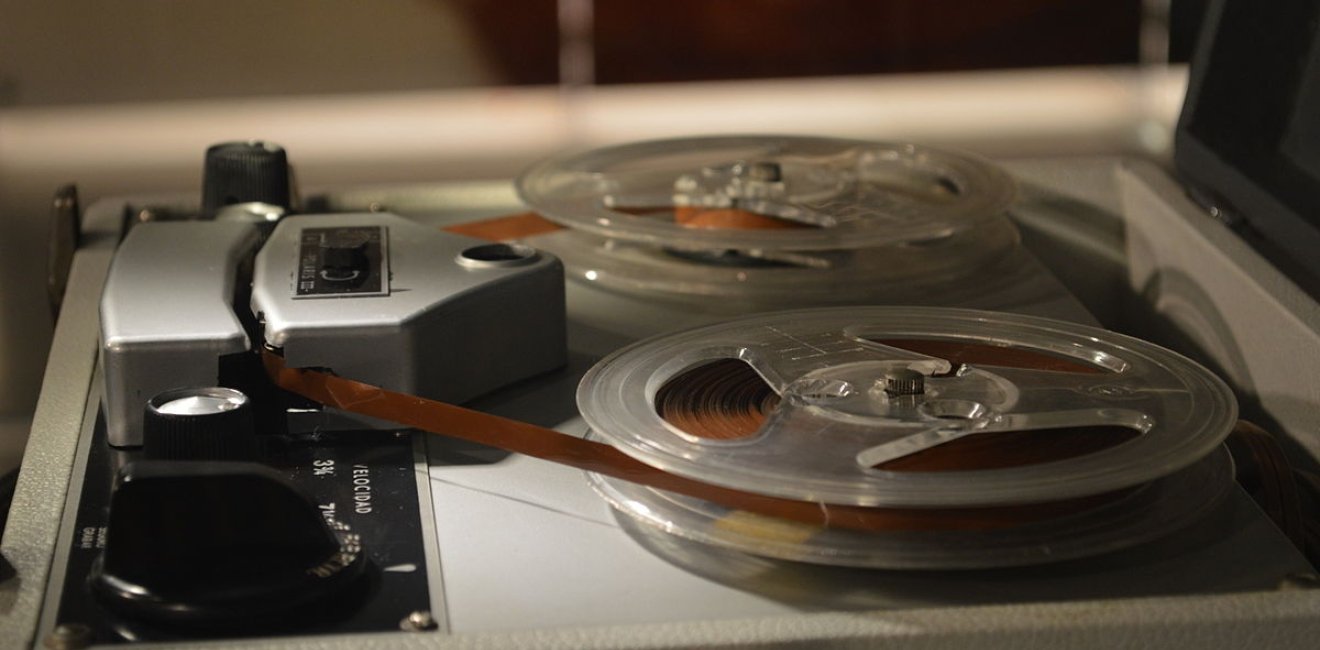Seven ways to find and contact your interviewee
In a recent post on running oral history projects, Elisabeth Roehrlich shares recommendations for conducting effective interviews. Yet the interview is only half the battle—simply contacting interviewees from elite political and government backgrounds can be a serious challenge.
For my dissertation research on responses to Iran’s and North Korea’s nuclear programs, I conducted about 80 interviews with sitting and former foreign and security policy officials on four continents. At the outset, I had absolutely no clue how to get in touch with them. Over time, I learned a few lessons that may be helpful to anyone hunting down oral history interviewees.
- Google! Shockingly enough, contact info for the majority of people I sought could be simply ‘googled’. Perhaps John Doe was part of a working group whose members had their affiliations and contact details posted on a website. Perhaps John Doe sent a message to a listserv. Perhaps they filed a complaint with a local municipality (this is how I found the personal e-mail of a former US cabinet undersecretary). Using correct search terms (my usual start is “’John Doe’ e-mail”) is surprisingly effective for finding contact details. Learn how to use search operators to narrow your results.
- Offices. If your interviewee’s current job includes the perk of an office (or a secretary), you can likely find their contact details online. Remember: secretaries act as gatekeepers. You will likely have to explain the purpose of your request time and again. A secretary of a former European ambassador asked me the purpose of my request four times in the course of a ten-minute discussion.
- Publications. Former officials have a hard time not sharing their wisdom after retiring. Publications in trade magazines, foreign service alumni organizations, or policy-oriented journals tend to include contact information so that their readers (and by extension, you) can contact the author.
- Institutions. If you are lucky, an individual’s professional e-mail address will be publicized on the website of their resident institution. Yet many former officials maintain non-resident affiliations and rarely check those addresses, if they even have one. If your interviewee, for example, regularly contributes to a think-tank’s publication, chances are the think-tank would be willing to pass on your message. Try to get in contact with the institution’s communications department—think-tanks often respond to the promise of citations to their work and officials. Similarly, some foreign ministries keep in contact with their former diplomats and may be willing to pass a message along.
If you get a positive response from the institution, prepare your message as if you were writing to the person directly, and then add a short introduction explaining your request at the top of the email. As a rule, politeness can never be excessive.
- Professional acquaintances. You are fewer than 6 steps from anyone in the world. Within a professional world, people are rarely more than 2 steps from 90% of potential interviewees. Often, someone you already know has interviewed the same person before, hosted them for a talk, or worked with them on a publication. In countries with small expert communities, your colleagues may know the interviewee just by virtue of having the same nationality. If you turn to acquaintances to track down an interviewee, keep some things in mind:
- Be modest—people get tired of requests very quickly. My personal rule is never to ask to be put in touch with more than two people by the same person.
- Give reasons—who do you want to get in touch with and why? You would be surprised by how many people miss this. By the same token, “for a new project” does not count as a good reason.
- Be brief—short, concise e-mails have the highest chance of being answered.
- Ask your acquaintance if you can use them as a reference. People do not want to be associated with ‘leaking’ personal contact details of third persons. Never mention your acquaintance’s name without their explicit permission.
- Other interviewees for the same project. “So, Ambassador Doe, you say I should speak to Ambassador Bloggs? Do you perhaps know how to get in touch with them?” or “It was so nice to speak to you, Ambassador Doe. Incidentally, I am also trying to get in touch with Ambassador Bloggs…” Obviously, the latter applies only if Doe and Bloggs either interacted professionally in their career, or if Bloggs came up in your discussion with Joe Doe.
- Imagination. Even if a specific person's email address is not listed on an institution's website, you may be able to guess it based on other available information. For example, if other employee e-mails tend to have the format of “surname@institution.org”, then John Doe's e-mail address is most likely doe@institution.org. You can alternatively test this by putting the same address into Google. More often than not, you will find at least one hit.
Interviewing is a fantastic way to collect data for historical or social scientific research. Don’t let the seeming unavailability of interviewees discourage you—you may not be able to find everyone immediately. Yet with patience and perseverance, nearly anyone is accessible.













